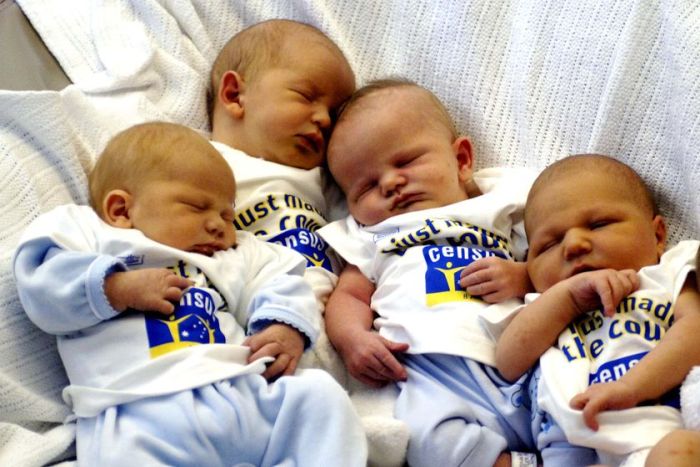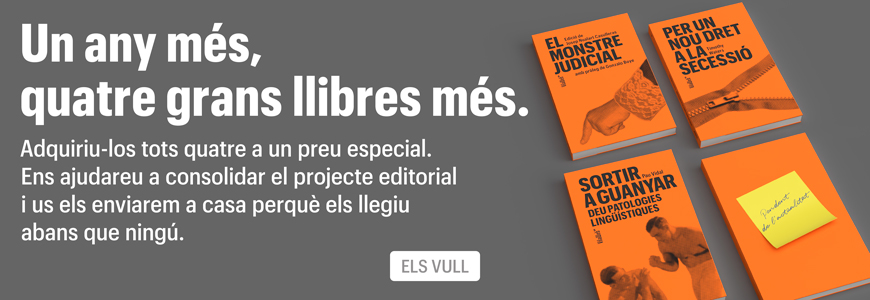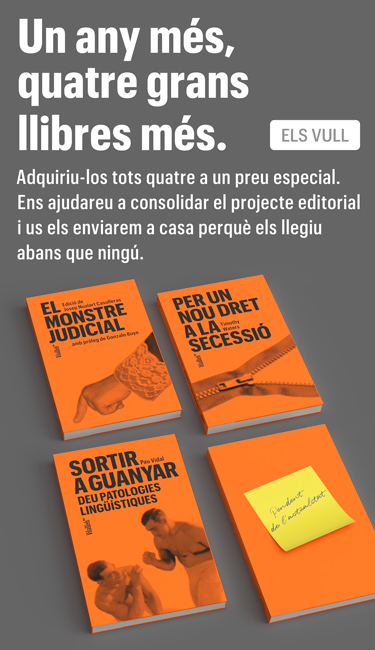01.08.2016 - 06:46
What is the Census?
It is the largest collection of statistical information on Australia’s population and happens every five years.
It counts every household, and every individual within that household, on one night.
This year it will include 24 million people in 10 million households.
How does it work?
This year the Census will be held on Tuesday, August 9.
Australians will be asked a range of questions on different topics including your marriage status, family size, occupation, the languages you speak and the country you were born.
Usually, the form is delivered to every household, but this year 8 million households will receive a 12-digit code which will allow them to fill it out online.
If you still want to fill out a paper form you can contact the Australian Bureau of Statistics (ABS) to receive one.

Paper forms must be completed and returned in the Reply Paid envelope without delay.
ABS agency head David Kalisch told ABC News they hoped more than 65 per cent of households would complete the Census online.
Why do we do it?
We’ve been doing it since 1828, but not officially until 1911, when the population was 4.4 million.
The main reason was to provide a snapshot of the population and guide the way tax-payers’ dollars were spent.
Back in April 1911 the Department of Census and Statistics, which later became the ABS, asked people questions about their race and whether they had been orphaned. Aboriginal and Torres Strait Islander people were counted, but only so they could be excluded from the total population figures.
Aboriginal and Torres Strait Islander people were first included in the Census in 1966.
The Census also guided health research with questions included on whether people were blind, deaf or mute.
The data in the 1911 Census found many people who could not hear or speak had been impacted by an earlier Rubella outbreak.
Where does the information go?
The information you give provides an estimate of Australia’s population and is meant to help the government distribute funds and plan services for the community in a range of sectors including education, health and transport.
The data also helps set electoral boundaries.
Some people have raised concerns about names being kept alongside personal data, but the Census and Statistics Act 1905 aims to make sure that Census data is never released in an identifiable form, or released to any court, tribunal or any other agency like the police.
“The ABS never has and never will release someone’s personal information so we have an unblemished record over 110 years with the Census information,” Mr Kalisch told ABC News.
Are we the only country that does it?
No, most countries hold their own versions, with questions relevant to their nations.
Like Australia, countries like Japan and New Zealand hold one every five years.
Other countries including Sri Lanka, Poland and the Czech Republic hold them every ten years.
Other countries including Lebanon, have not held one in decades.
The last official census in Lebanon was in 1932.
What if I don’t want to take part?
Well, you’ll face a fine.
The Census and Statistics Act 1905 allows penalties of up to $180 a day for failure to complete and return a form.
Even if you are staying with friends, are in a remote area or are in other accommodation, you are still expected to be a part of the paperwork in the household you are staying in, or fill out the form online.
The only people who do not have to take part include people living on Norfolk Island, people not in Australia at the time of the Census, and foreign diplomats and their families.



